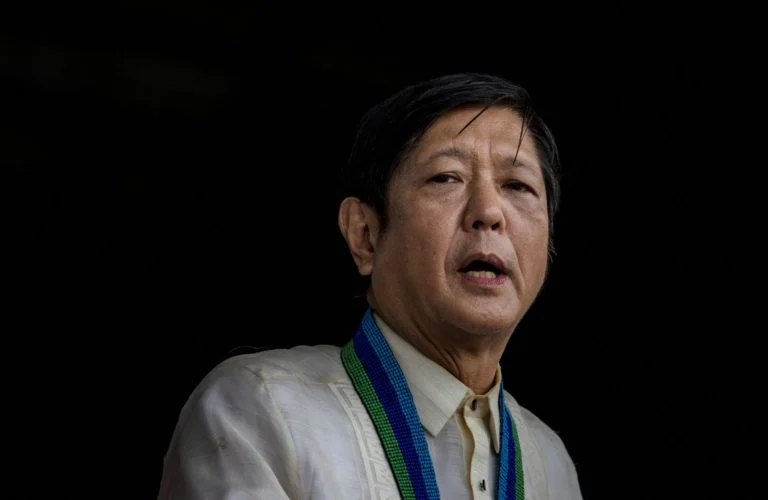President Marcos has ordered the review of the various tourism zones under the Tourism Infrastructure and Enterprise Zone Authority (Tieza), saying the agency’s problem seems to be its “non-operating” properties.
The President issued the order during a meeting on Thursday with the tourism sector group of the Private Sector Advisory Council (PSAC), led by Frederick Go, Robinsons Land Corp. chief executive officer.
In his remarks, Mr. Marcos said he was “happy” with the direction of the country’s tourism sector, which was badly hit by the coronavirus pandemic.
In a press statement, Presidential Communications Secretary Cheloy Velicaria-Garafil said the officials discussed how to manage Tieza’s assets.
Funding sources
Tieza is a government-owned and controlled corporation under the Department of Tourism (DOT) that is responsible for implementing policies and programs of the DOT in the development, promotion and supervision of tourism projects in the country.
READ: Tieza okays Tacloban’s bid to take over hotel built by Imelda Marcos
According to Garafil, “the PSAC reported that Tieza’s primary source of funding comes from travel tax collection, which is insufficient to support its project requirements.”
She explained that under the Tourism Act of 2009, 50 percent of travel tax goes to Tieza, while 40 percent is allocated to the Higher Education Development Fund to enable the Commission on Higher Education to prioritize tourism-related educational programs and courses.
The remaining 10 percent, Garafil said, goes to the National Commission for Culture and the Arts.
“As a remedy, among the PSAC’s quick wins recommendations include amending the allocation of travel tax to grant more funding for Tieza and expanding the list of priority tourism-related investment activities, among others,” Garafil said.
Simpler bidding process
The DOT said the move requires an amendment to the law, and might not materialize within a year, as eyed by the PSAC, she said.
The Palace official added that the PSAC’s medium- and long-term recommendations include reviewing, simplifying, and standardizing the privatization or bidding process, leveraging properties to undertake more tourism infrastructure projects, and establishing and issuing a long-term Strategic Tourism Infrastructure or Investment Masterplan.
Garafil said the Philippines recorded 2.6 million tourist arrivals in 2022, which exceeded the target of 1.7 million.
For this year, she noted, the country welcomed 1,138,637 international tourist arrivals as of March 14, or 24 percent of the 4.8 million target for the year.
At the same meeting with PSAC, the President renewed his commitment to improve Ninoy Aquino International Airport’s operations to ensure ease of travel and boost Philippine tourism.
Garafil said Mr. Marcos acknowledged the challenges at the country’s major airports, such as space limitations and insufficient technology in processing travel documents. —Nestor Corrales
